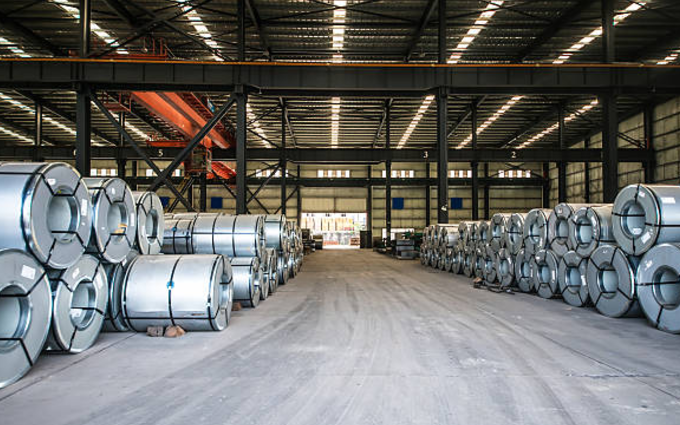
Posted on Thursday, November 10, 2022
Importing steel coil into Ireland can be a complex process, but with the right information, businesses can ensure a smooth and cost-effective experience. This guide provides detailed insights into the costs, tariffs, delivery considerations, and important factors to watch out for when importing steel coil into Ireland. A comprehensive Q&A section is also included to address common queries.
The total cost of importing steel coil into Ireland includes several components:
When importing steel coil into Ireland, businesses must consider the following tariffs and taxes:
When purchasing steel coil, ensure the following:
Q: What documents are required to import steel coil into Ireland?
A: The essential documents include the commercial invoice, packing list, bill of lading or airway bill, certificate of origin, and any applicable test reports.
Q: Are there any restrictions on steel imports into Ireland?
A: While there are no general bans, imports must comply with EU regulations. Certain anti-dumping duties may apply depending on the origin of the steel.
Q: How can I calculate the total landed cost?
A: The landed cost includes the product price, shipping costs, customs duties, VAT, and additional fees like insurance and handling charges.
Q: What are the risks of importing steel coil, and how can I mitigate them?
A: Risks include damage during transit, quality issues, and delayed shipments. Mitigate these risks by purchasing insurance, verifying supplier credibility, and ensuring proper packaging.
Q: Can I claim VAT back on imported steel?
A: Yes, VAT-registered businesses in Ireland can reclaim the VAT paid on imports through their VAT returns.
By following this guide, businesses can navigate the complexities of importing steel coil into Ireland with confidence. Proper planning, due diligence, and partnering with reliable logistics and customs experts are key to a successful import process.

Used Purlin Roll Forming Machines for Sale Worldwide
Posted on Sunday, January 25, 2026
Pre-Owned Roll Forming Machines for Purlin & Structural Steel Profiles

Used Roof Panel Roll Forming Machines for Sale Worldwide
Posted on Sunday, January 25, 2026
Pre-Owned Roll Forming Machines for Roofing Panel Production

Used Roll Forming Machines for Sale Worldwide
Posted on Tuesday, January 20, 2026
Pre-Owned Roll Forming Machines with Inspection, Verification & Global Support

Steel Coil Supply for Roll Forming Machines Worldwide
Posted on Tuesday, January 20, 2026
Reliable Steel Coil Supply for Roll Forming, Fabrication & Manufacturing Applications
Copyright 2026 © Machine Matcher.